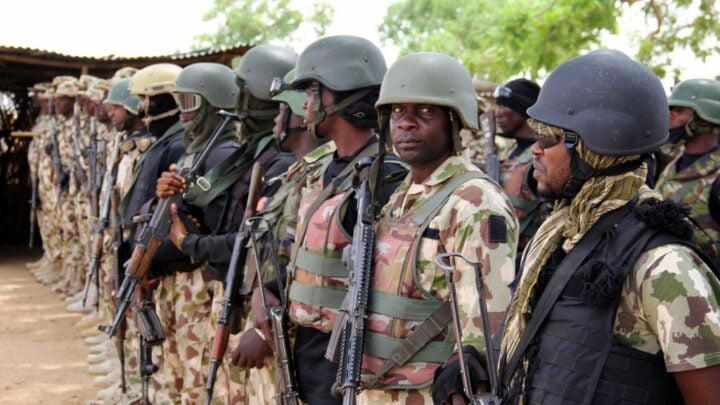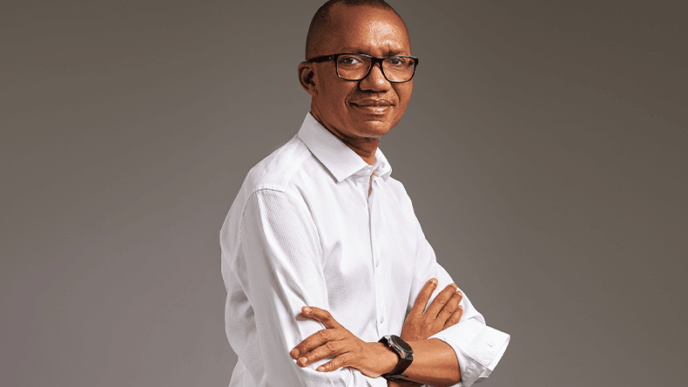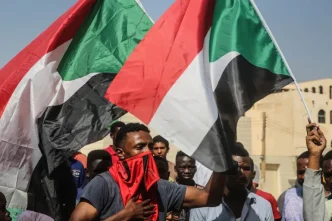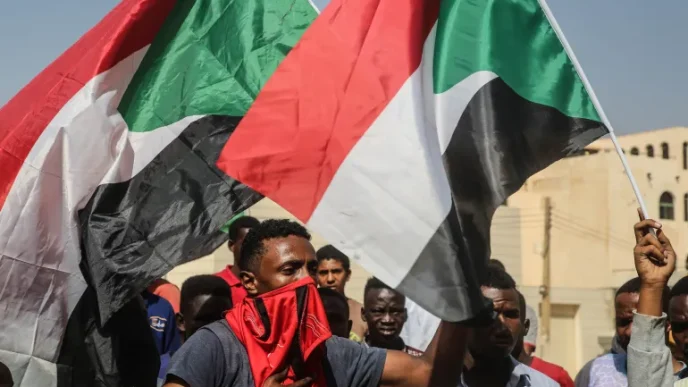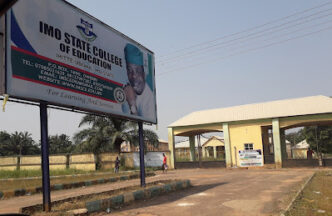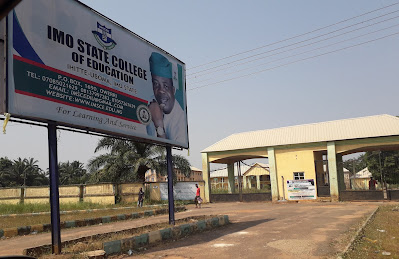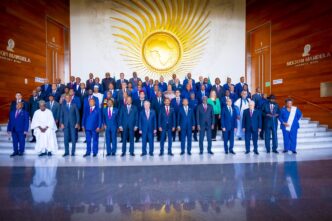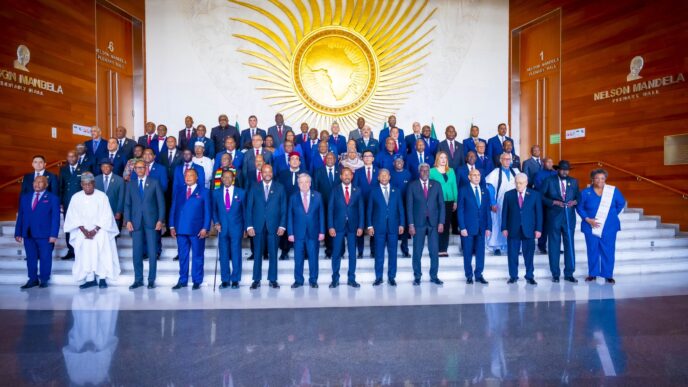Nigerian troops
BY KARIOLA MUSTAPHA
As the saying goes, the worst enemy is the enemy within. This age-old adage rings truer today in Nigeria than ever before. I do not know if Nigeria has a system in place to fish out these crooked individuals, but the evidence of their existence is undeniable. Criminals operate freely, openly kidnapping not one, not two, but entire communities. They attack military bases with brazen audacity and evade clandestine military operations with unsettling ease. With all this, you do not need a wise man to tell you that there is an enemy within. And unless we establish a consistent and continuous machinery to catch these moles, the future looks harder, bleaker, and more perilous.
The recent revelation that USAID funds were allegedly used to sponsor Boko Haram has only added fuel to the fire of suspicion. For years, Nigerians have questioned how insurgents seem to always be one step ahead—how they know the exact movements of military convoys, the locations of vulnerable communities, and the weaknesses in our defences. The answer, as painful as it is to admit, lies in the betrayal of trust by those who are supposed to protect us. These moles, these traitors within the ranks of the Nigerian Armed Forces, are not just a threat; they are an existential crisis.
Developed nations understand the gravity of this threat. The United States, for example, has a long history of dealing with moles, from Aldrich Ames to Robert Hanssen, both of whom sold national secrets to foreign powers. The US response was not just to punish the individuals but to overhaul its entire counterintelligence apparatus. Today, the US invests billions in continuous vetting, surveillance, and psychological profiling to root out potential traitors. Similarly, Israel’s Mossad and the UK’s MI5 have built reputations for their relentless pursuit of internal threats. These nations know that the fight against moles is not a one-time event but a never-ending process.
Advertisement
Nigeria, unfortunately, seems to lack this level of seriousness. The attacks on military bases in Metele, Geidam, and elsewhere, where soldiers were killed and weapons carted away, point to a disturbing level of insider knowledge. The abduction of the Chibok schoolgirls in 2014, the repeated ambushes of military convoys, and the brazen attacks on entire communities all suggest that someone, somewhere, is leaking critical information. Yet, despite these glaring signs, there has been no systematic, sustained effort to identify and eliminate these moles.
This is not just a failure of intelligence; it is a failure of leadership. The Nigerian military must adopt a zero-tolerance approach to betrayal. This means establishing dedicated counterintelligence units, implementing advanced surveillance technologies, and conducting regular, rigorous vetting of personnel. It also means creating a culture of accountability, where every soldier understands that loyalty to the nation is non-negotiable.
But here lies the paradox: who will watch the watchers? The very individuals tasked with finding the moles could themselves be moles. This is a challenge that even the most advanced nations struggle with. Robert Hanssen, an FBI agent, spent years spying for the Soviet Union while working in the counterintelligence division. Nigeria must be vigilant to ensure that its mole-hunters are beyond reproach, with their own activities subject to strict oversight.
Advertisement
The stakes could not be higher. Every day that these moles remain undetected, they undermine the sacrifices of brave soldiers on the frontlines, endanger the lives of innocent civilians, and erode the credibility of the Nigerian Armed Forces. The fight against insurgency is not just a battle of weapons; it is a battle of trust, integrity, and loyalty. Nigeria cannot afford to lose this battle.
But here’s the thing: moles don’t act alone. Even if it takes them years, they often wait until they find someone they can work with, someone who shares their twisted loyalties or can be coerced into collaboration. This network of betrayal makes them even more dangerous. To combat this, Nigeria needs more than just counterintelligence operations; it needs a cultural shift that incentivizes whistleblowing. Imagine a system where every viable expose is rewarded, not just with financial compensation, but with national honours. The system should also anonymise, protect and promote those willing to risk their lives to expose moles. Such a system would not eradicate moles overnight, but it would make it significantly harder for them to act with the ease we have witnessed.
The time for denial and half-measures is over. The Nigerian government and military leadership must confront this issue with the urgency and seriousness it deserves. The moles must be found, exposed, and dealt with decisively. Only then can the Nigerian Armed Forces truly fulfil their mandate to protect and defend the nation. Only then can the people of Nigeria begin to hope for a future free from the shadow of betrayal.
We can only hope that those leading this crusade are not the very ones they seek to expose. The future of Nigeria depends on it.
Advertisement
Kariola Mustapha writes from the United States. He can be contacted via [email protected]
Views expressed by contributors are strictly personal and not of TheCable.
